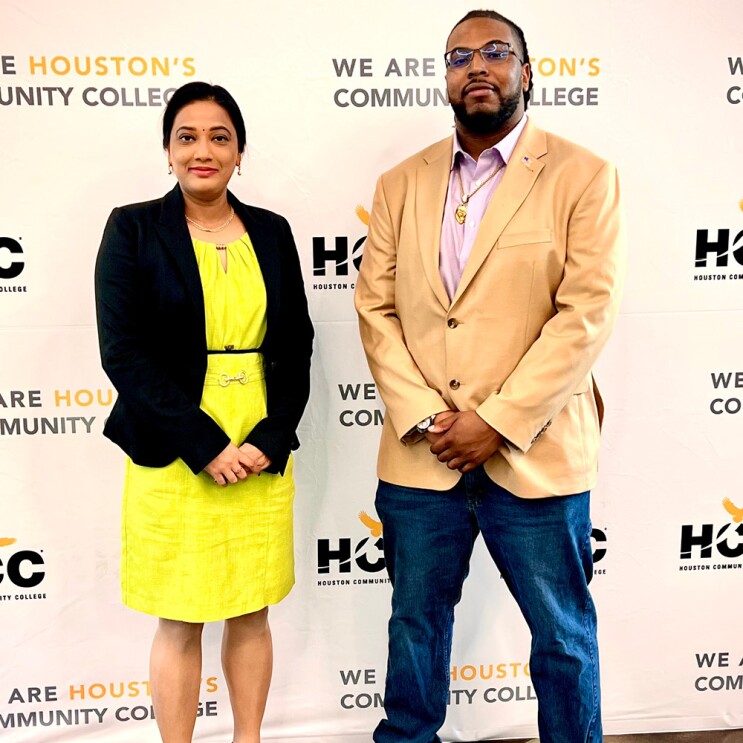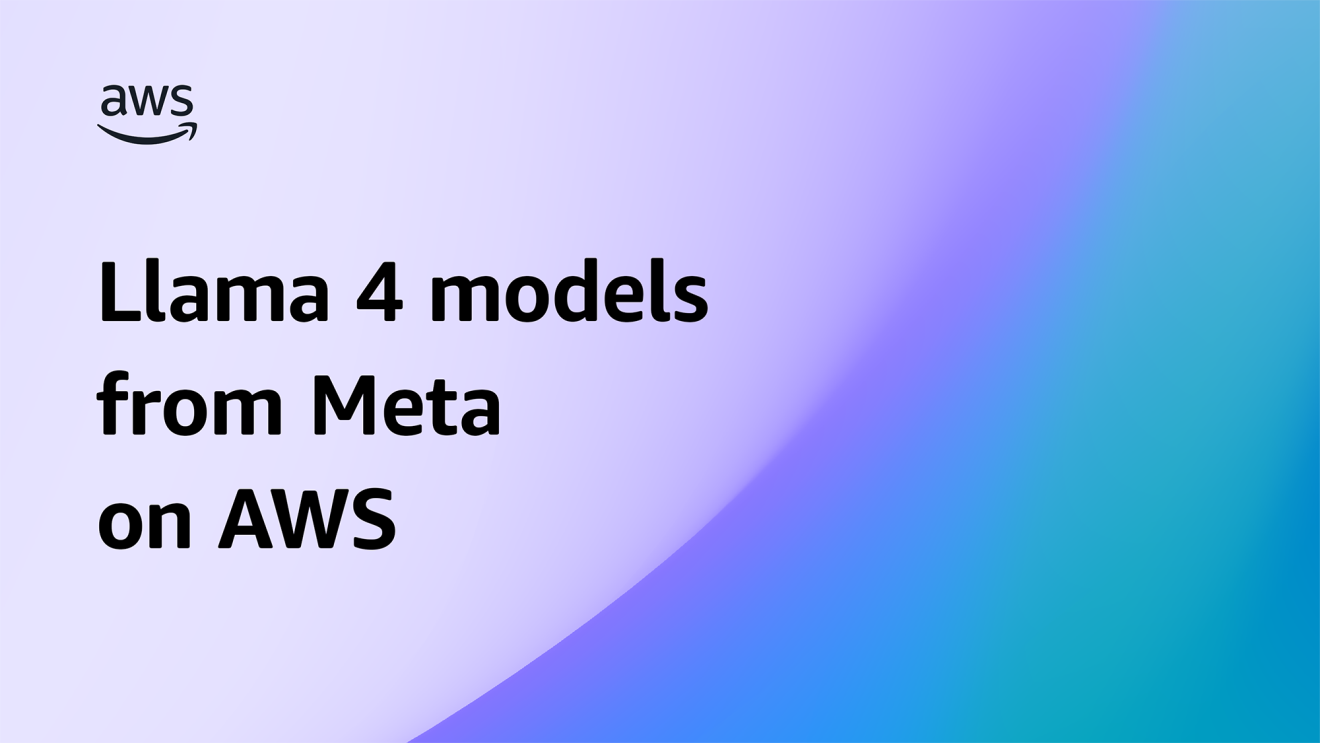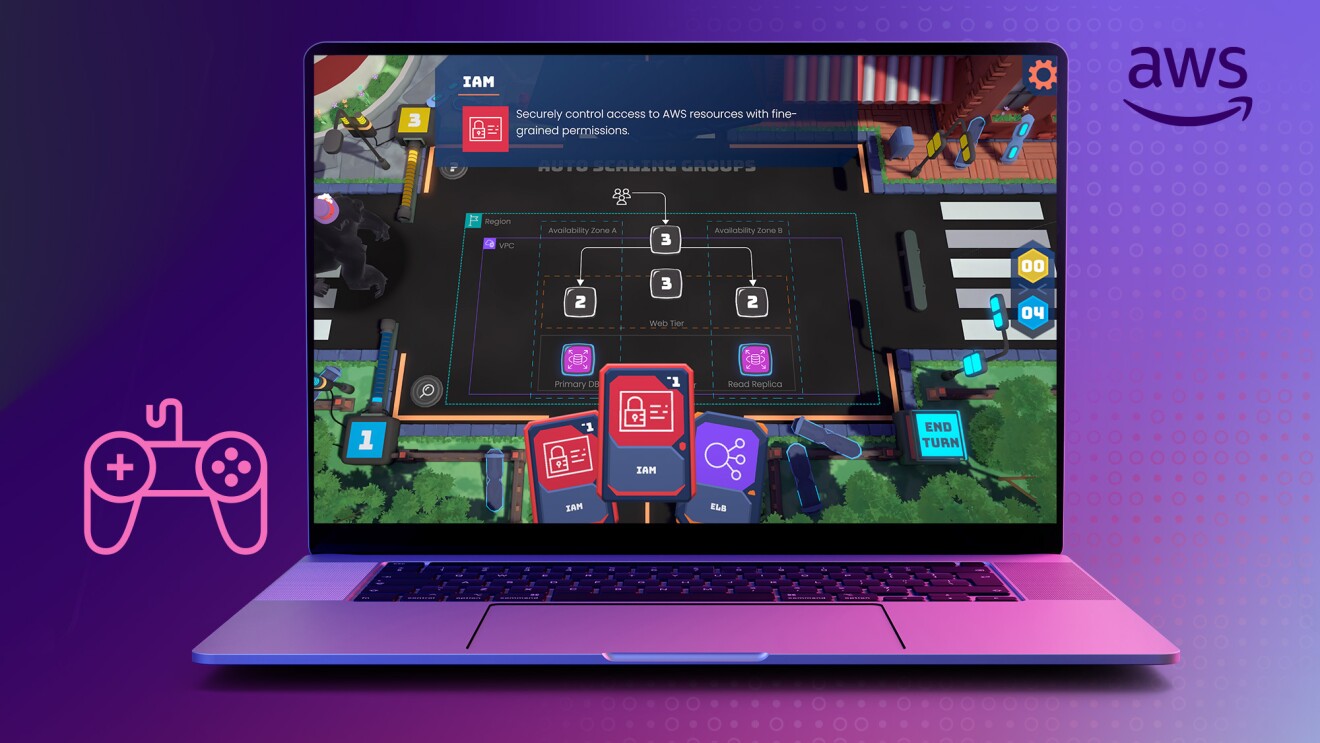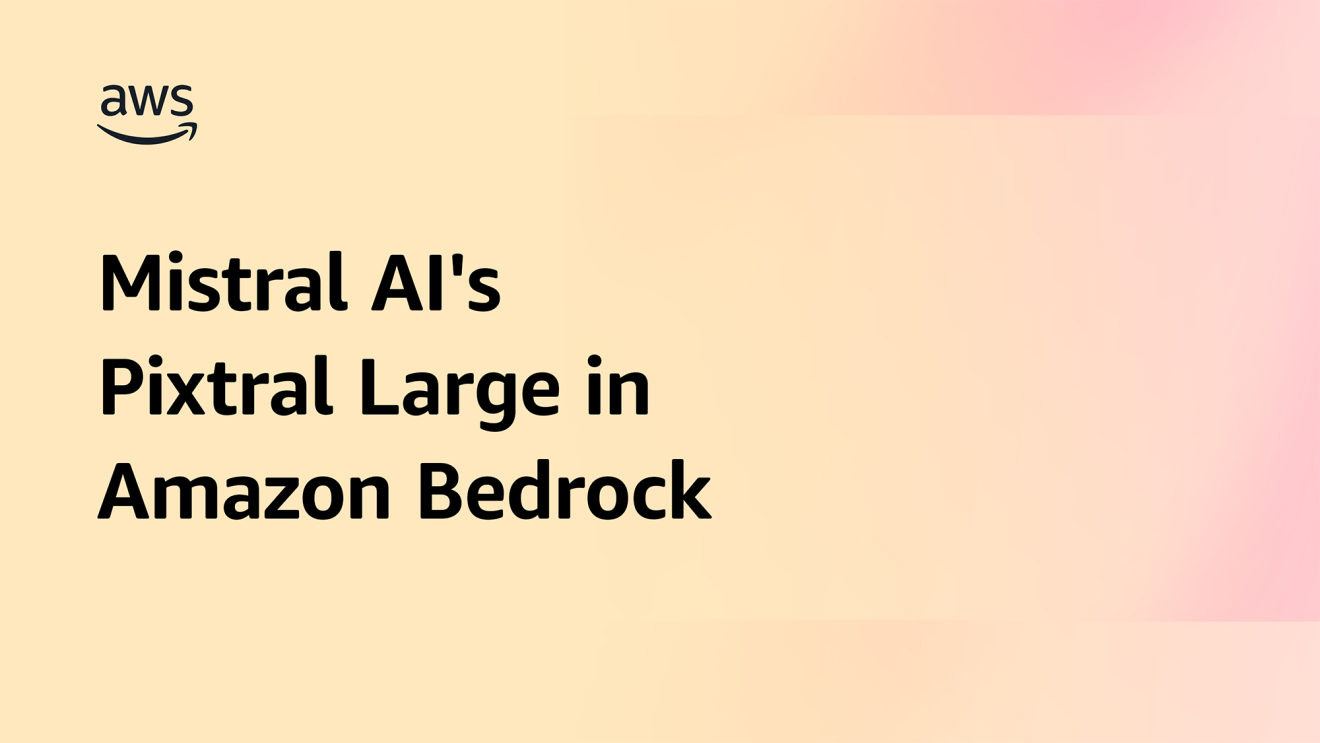Professor George Brown always begins his artificial intelligence (AI) course with a joke. An AI college course might not be the place you’d expect to find a standup bit, but Brown finds humor to be a light way to dive into the AI materials and get students engaged. It’s also a reminder that AI is not very good at comedy—yet. When the laughter subsides, Brown gets back to the real business of his Best Practices Fundamentals AI and Machine Learning class at Houston Community College (HCC). For Brown’s students, the class and degree program offer the skills and experience they can use to acquire jobs in a multitude of industries where people who know how to apply the tools of AI to a problem are in increasing demand. It’s a new class and a new Associate of Applied Science (AAS) degree for a “workforce” program Brown developed with help from Amazon Web Services (AWS).
Houston has long been a hub known for their role in health care, energy, and space. But now, it’s also becoming known as a leader in advancing AI. Industries across all sectors are seeing more implementations of AI pushing the boundaries of what’s possible. This is creating a rapidly growing need for AI-related workers throughout the country. Once a realm of computer science that required highly specialized degrees and years of university experience, AI is becoming increasingly accessible to many developers and innovators. And HCC is at the forefront of it all. With the help of AWS’s freely available Machine Learning University (MLU) courses, HCC introduced an innovative new program that’s making AI accessible to almost anyone—no prior experience required.
Brown's AI journey
Brown wasn’t always fascinated by AI. That passion came later in his career. For most of his life, Brown applied himself to being a condensed matter experimentalist in physics. After earning a doctorate in physics, Brown spent decades in the industry as both an atmospheric physicist and a university physics professor.
Having taught physics coursework for more than 25 years, Brown was already seeing change on the horizon with the advent of palm-sized computers and tabletop robots inspired by physics-based miniaturization and cloud-fed open-source programming. The shrinking and enhancing of connected capabilities make it possible for all students to access the world of AI.
“When it comes to AI, students are hungry to learn everything they can,” said Brown. “There’s always something in AI that will interest anybody who touches it.”
No stranger to complex topics, Brown eagerly transitioned from the world of physics to AI. Brown introduced a workforce program that offers two courses covering machine learning (ML) and computer vision (CV). Both are 16-week courses that have no prerequisites. Students who complete the AAS degree program can transfer their credits to more advanced degree programs or enter the workforce as application support specialists.
HCC's AI program
Brown built the HCC curriculum using an early version of the free MLU videos, labs, and notebooks to help open the world of AI and ML to his students. The MLU courses are based on the same content that Amazon uses to train its own developers and are part of AWS’s commitment to help 29 million people globally grow their technical skills with free cloud computing skills training. Students start by learning about the AWS Management Console, where users can access developer tools and explore AWS services. They then dive in deeper to learn powerful programs like Amazon SageMaker, a fully managed service that allows users to build, train, and deploy machine learning models.
The level of access to AWS’s products and services is what makes the program so appealing, explained Denzel Wilson, an HCC alum. The hands-on learning experience equips students with skills that they can use in the workforce.
“One of the major selling points for me was getting to use the technology that real AWS employees use,” said Wilson.
When Wilson was growing up, his family shared a Windows 95 Dell computer. However, Denzel got to keep the computer in his room because no other family members could figure out how to use it. He played a healthy amount of video games, but he also developed a curiosity for computers early on and quickly became the family information technology (IT) expert. Wilson’s curiosity led him to learning about brain computer interfaces, and he discovered that AI is modeled after the human brain. At that point, his interest in computers turned from hobby into passion.
“When I stumbled on brain computer interfaces, it really got my mind going. I was like, ‘What is this?’” said Wilson.
Now a degreed AI-enthusiast, Wilson has already used his training to land a role as an automation consultant at Computer Aid Inc., and he has ambitious goals. Among those, he plans to expand the accessibility of AI skills to underprivileged youth to help inspire them about the future and keep AI fair and ethical.
 Houston Community College alumni, Neethi Gangidi (left) and Denzel Wilson (right).
Houston Community College alumni, Neethi Gangidi (left) and Denzel Wilson (right). Neethi Gangidi, another HCC alum, wants to unlock the power of AI and ML to advance progress in health care. With a background in the energy industry, Gangidi initially explored ways to use AI to find potential efficiencies in the field. But when the COVID-19 pandemic hit, she shifted her focus into applying AI in research for health care solutions.
“I want to create AI models in the health care field that can do COVID analysis, so it can predict symptoms and other outcomes,” said Gangidi.
Gangidi also wants to apply her AI skills to other industries, such as cybersecurity, transportation, and retail.
“I want to help develop the latest technologies,” she said. “I want to be an innovator, and I want to create something that is useful to society.”
Big ambitions like these will be leading society into an advanced future facilitated by technology.
When asked about the impact HCC’s program is creating, Brown said, “I think we’re the leading edge of driving educational change through scalability.”
In addition, Brown believes that HCC is uniquely suited to foster brilliance in every community.
“HCC prides itself as being one of the most diverse educational institutions in the country,” said Brown.
With many other established institutions in Houston—including NASA, which is currently carrying out the Artemis mission; Texas Medical Center, which is the largest medical center in the world; advanced manufacturing; and energy enterprises—HCC students have a wealth of opportunities to explore in their own backyard.
Brown believes that the combination of cutting-edge technologies and diverse perspectives provides an endless supply of possibilities for innovation. Equipped with the skills they need, HCC’s AAS graduates will be able to advance themselves, the workforce, and society with AI.
Inspired by Brown’s resourcefulness and dedication to his students, AWS has launched a new turnkey teaching solution for educational institutions by building a robust new curriculum and resources to help educators deliver the content in a classroom setting.
Trending news and stories












